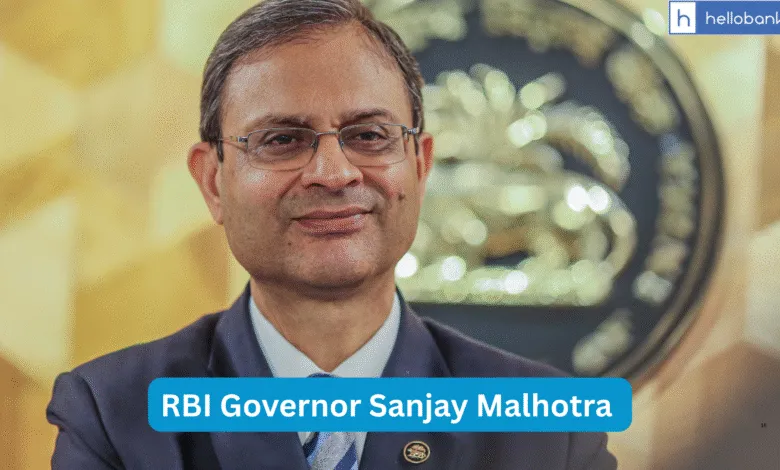No Plans to Give Banking Licences to Corporates: RBI Governor

RBI Governor Sanjay Malhotra has clearly said that there is no plan at present to allow large business groups (corporates) to enter the banking sector, either directly or through non-banking financial companies (NBFCs). He said that giving banking licences to such companies creates a major conflict of interest, as these businesses would be dealing with the public’s money. This could lead to situations where the interests of depositors are at risk.
Why Corporates Are Not Allowed in Banking
The Reserve Bank of India (RBI) has always been cautious about allowing big business houses to enter the banking industry. One of the main reasons is the fear of poor governance, misuse of funds through “connected lending” (where a bank lends to its own related businesses), and too much influence of one business group on the bank’s functioning. These issues have led to bank failures in the past, both in India and abroad.
The government also agrees with the RBI’s stand and believes that ownership in the banking sector should remain spread out and independent from large industrial groups. This helps in keeping the system fair, stable, and safe for depositors.
RBI Firm on 26% Voting Rights Limit for Promoters
Governor Malhotra also clarified that the RBI is not planning to change the existing rule that limits promoter voting rights in private banks to 26%. This limit is mentioned in the Banking Regulation Act. The aim behind this rule is to avoid concentration of power in the hands of a few and to encourage diversified ownership in banks. Such a structure allows for internal checks and balances among owners, making it easier to ensure responsible banking.
Foreign Banks Can Hold 100% – But With Conditions
While Indian promoters face limits on ownership and control, foreign banks are allowed to own up to 100% of their Indian operations—subject to regulatory conditions. This difference is meant to attract foreign investment while still protecting the Indian financial system from excessive control by domestic business groups.
Past Proposals to Allow Corporates Rejected
Over the years, industry associations have pushed for opening up the banking sector to big business groups. However, these proposals have never been accepted by the RBI or the government. Policymakers have always chosen financial stability and regulatory caution over liberalising bank ownership.
Even some committees formed by the RBI explored this issue. For example:
- The 2014 Nachiket Mor Committee looked into the idea but did not recommend it.
- The 2020 Internal Working Group controversially suggested allowing corporates to enter banking, but this was met with sharp criticism from economists and the public. Many experts believe that India’s regulatory system is not yet strong enough to manage the risks involved in letting corporates own banks.
Goal: Protect Depositors and Ensure Safe Banking
The RBI’s decision to limit promoter voting rights and keep control spread out among various shareholders is aimed at maintaining depositor trust and ensuring the long-term safety of the banking system. By restricting the entry of large business groups, the RBI wants to prevent misuse of public money and protect the financial system from becoming too dependent on a few powerful players.
Despite repeated calls for change, neither the Reserve Bank of India nor the central government has shown any intention of easing restrictions on corporate entry into banking. With RBI Governor Sanjay Malhotra again confirming this position, it is clear that India’s doors remain closed to business conglomerates seeking banking licences.
